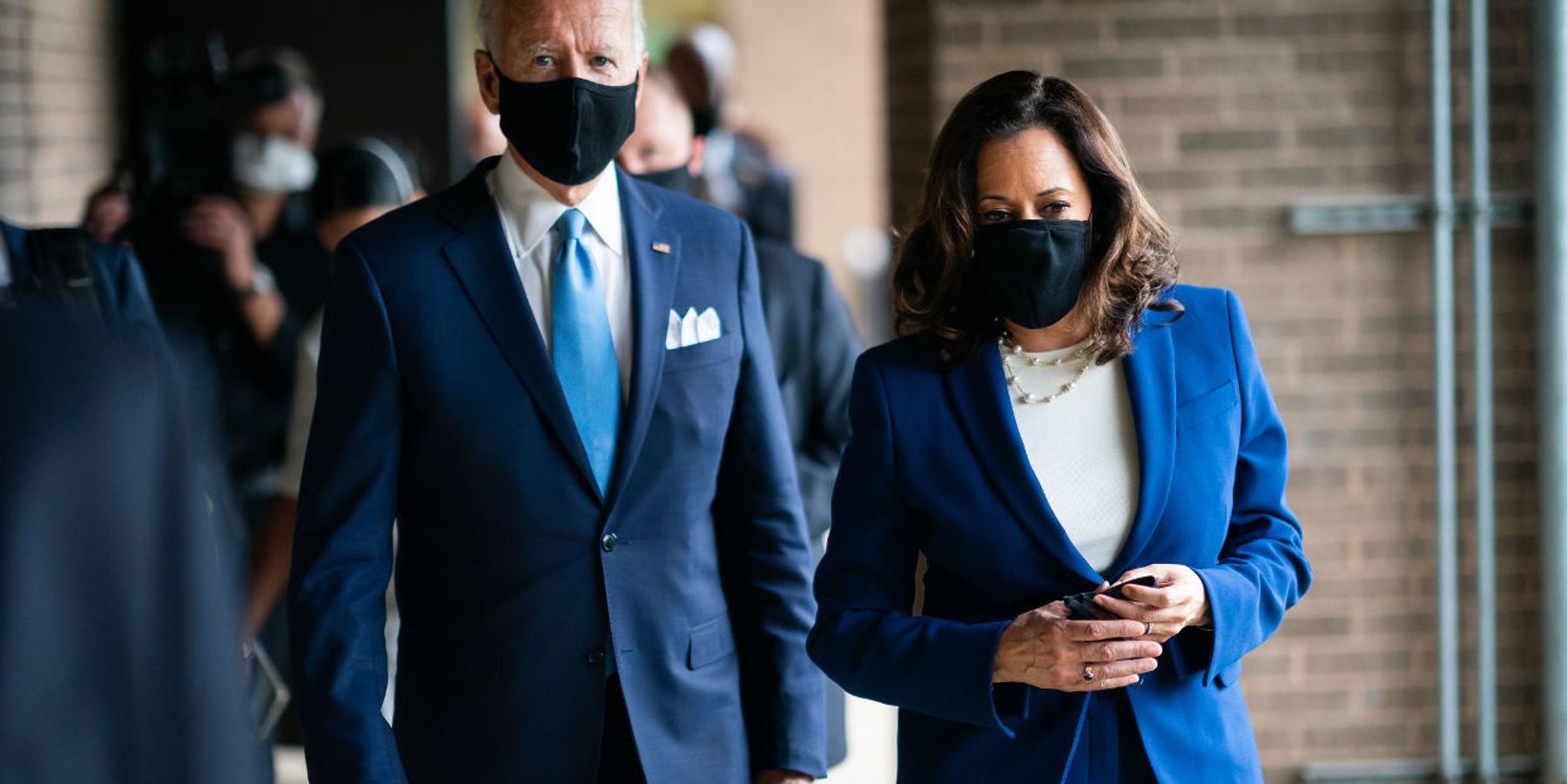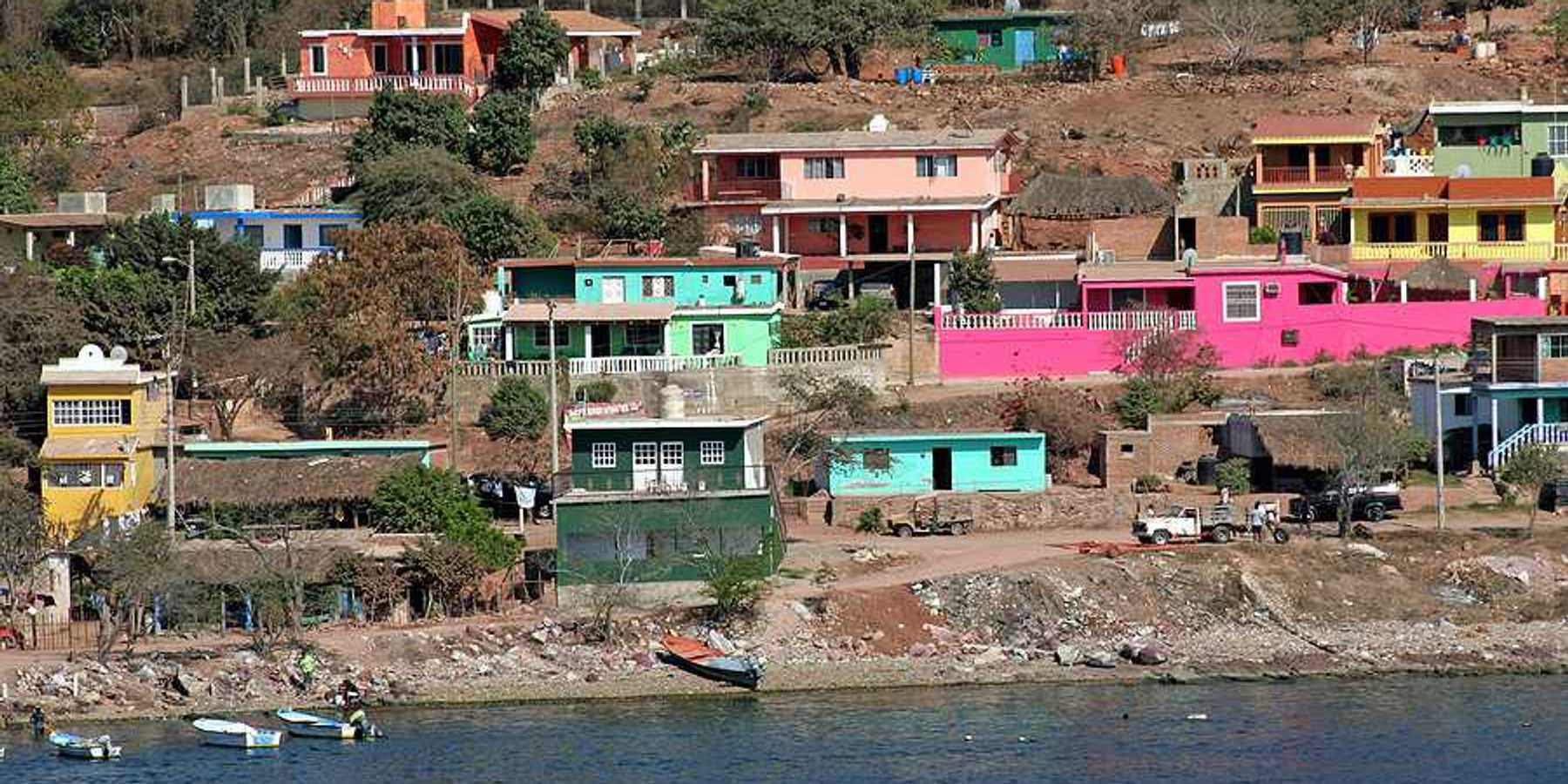
A political sea change
How the Georgia runoff vote and President-elect Biden's department appointees will shape the next four years of environmental policy.
The post-election mood of the country is predictably fuzzy: euphoria among Biden followers, denial in MAGALand, and here in my home state of Georgia, a bit of shock that two Senate races may determine the nation's—and the Biden presidency's—fate.
Two Democrats who have never held office—Jon Ossoff and the Rev. Raphael Warnock—battled two incumbent Republicans—David Perdue and Kelly Loeffler—in close races that triggered runoff votes on Jan. 5. Should Ossoff deny Perdue a second term and Warnock defeat Loeffler in a special election, the Democrats can squeak by and control the U.S. Senate.
A double victory for the Dems would leave a Senate of 50 Republicans, 48 Democrats, and two Independents who caucus with the Dems, with Vice President-elect Kamala Harris standing by to break tie votes. In other words, the thinnest of Democratic majorities, but maybe the biggest of opportunities.
Biden has pledged to restore U.S. participation in the Paris Climate Accord on his first day in office. His Department of Energy and other agencies can cold-start programs buried by President Trump. This week, Trump sacked Michael Kuperberg, head of the U.S. Global Change Research Program, which played a key role in coordinating far-flung U.S. agencies' climate science and policy.
So who will run the Environmental Protection Agency in a Biden Administration? One possibility is Heather McTeer Toney, an Obama-era EPA Regional Administrator. McTeer Toney has said she would elevate efforts on environmental justice.
Others said to be under consideration are longtime California air pollution czar Mary Nichols and Washington State Governor Jay Inslee. Both are mentioned in an exhaustive pre-election survey by Kevin Bogardus of E&E News. Inslee is also mentioned as a possible Energy Secretary, as is Ernest Moniz, DOE Secretary for Obama.
Speculation on Biden's Interior Secretary has focused on Deb Haaland, just re-elected to her second Congressional term. Haaland, who describes herself as a 35th-generation New Mexican, would be the first Native American cabinet member in history. Another option is Montana Gov. Steve Bullock, who abandoned a long-shot presidential bid and lost a race to unseat Montana Senator Steve Daines.
Then there are the Trump rollbacks to benefit industry that industry never asked for, and doesn't necessarily even want. Last week, Royal Dutch Shell called for a cancellation of Trump's rollback of methane emissions from fracking operations (yes, you read that right).
Two years ago, the Administration proposed freezing Corporate Average Fuel Efficiency (CAFE) standards after 2020. The Obama standards would have progressively tightened fuel efficiency through at least 2025, which the big automakers were fine with.
Behind a public pledge to Drain The Swamp, President Trump installed heads of the Interior and Energy Department and EPA who were openly hostile to their agencies' missions. None of the three lasted Trump's full term, but each—Ryan Zinke, Rick Perry, and Scott Pruitt—left deep scars in federal policy on environment, energy, and climate.
Biden will have his hands full, and if the Dems fail to oust Mitch McConnell and the Republicans from control of the Senate, he'll have an even more difficult time.
Peter Dykstra is our weekend editor and columnist and can be reached at pdykstra@ehn.org or @pdykstra.
His views do not necessarily represent those of Environmental Health News, The Daily Climate or publisher, Environmental Health Sciences.
Banner photo: President-elect Joe Biden and Vice President-elect Kamala Harris. (Credit: Joe Biden/flickr)













